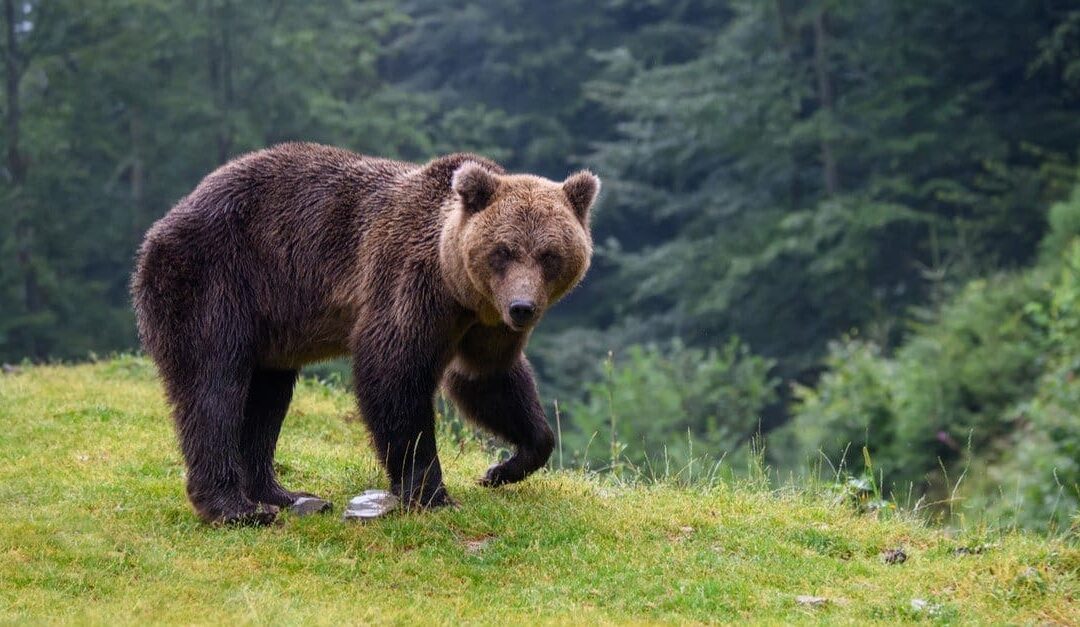One of the main reasons people avoid hiking and camping is the fear of coming in contact with a bear. But there are a few simple steps you can take to make sure you don’t attract a bear to your campsite.
There are several reasons why bears are attracted to campsites. According to Bearwise, a website to help provide insight about black bears, “Bears are attracted to anything that smells; it doesn’t even need to smell good. Garbage, compost piles, dirty diapers, pizza boxes, empty beverage cans…to a hungry black bear, it all smells like something good to eat.
Bears are also naturally curious and always exploring. If a bear follows its nose to a buffet of easy-to-get-at foods, liquids, pet foods, or garbage, it learns that where there are people, there is food. Bears also have great memories, so when a bear gets a big food reward, you can be sure it will come back looking for more in the future. In fact, bears are so smart, in some areas they’ve even learned what night the trash goes out to the street for pick up and they come back for their feast.
Knowing all of that, it’s important to keep these tips in mind when you set up camp:
- Hike in a group and avoid hiking at dawn or dusk. That’s when bears are most active.
- Choose an open site away from dense vegetation, natural food areas, forest cover, or natural pathways. Avoid messy sites and areas with bear signs: torn apart logs, tracks, trampled brush, scat, claw marks on trees.
- Don’t leave food in your tent.
- Be sure to find any food wrappers you may have shoved into your pants or backpack pockets during your hike!
- Place your bear canister or bear hang at least 200 feet away from your shelter. Secure all scented items by hanging at least 10 feet off ground and 5 feet from a tree.
- If you opt for a bear hang, place all your smelly things in an odor-proof bag like these. These bags are 17,000 times more odor-proof than your typical ziplock bag which can dramatically reduce your chance of getting close and personal with a bear. This is not foolproof as bears can learn that food can hang in trees, but it helps reduce the risk of attracting a bear.
- A bear’s sense of smell is 2,100 times better than that of a human’s and they can smell food up to 20 miles away. Just remember that.
To protect yourself in case you do come in contact with a bear, you could consider carrying bear spray. It is used defensively to stop an aggressive, charging, or attacking bear. Although it’s used in the same manner you would use mace on an attacking person, bear pepper spray and human pepper spray are not the same. Make sure you select an EPA-approved product that is specifically designed to stop aggressive bears. It is incredibly potent and is not a repellent so do not apply to your body or equipment. Check with your national park to see if bear pepper spray is recommended for the activities you have planned and what works best against the bears in that area.
Bears are interesting animals, but we should observe them at a distance. Most of the time, they just want to be left alone. Keeping these tips in mind should give some a little extra peace of mind when hiking or camping in areas where there are bears.
This article was originally published at Ready Nutrition™ on May 31st, 2022







